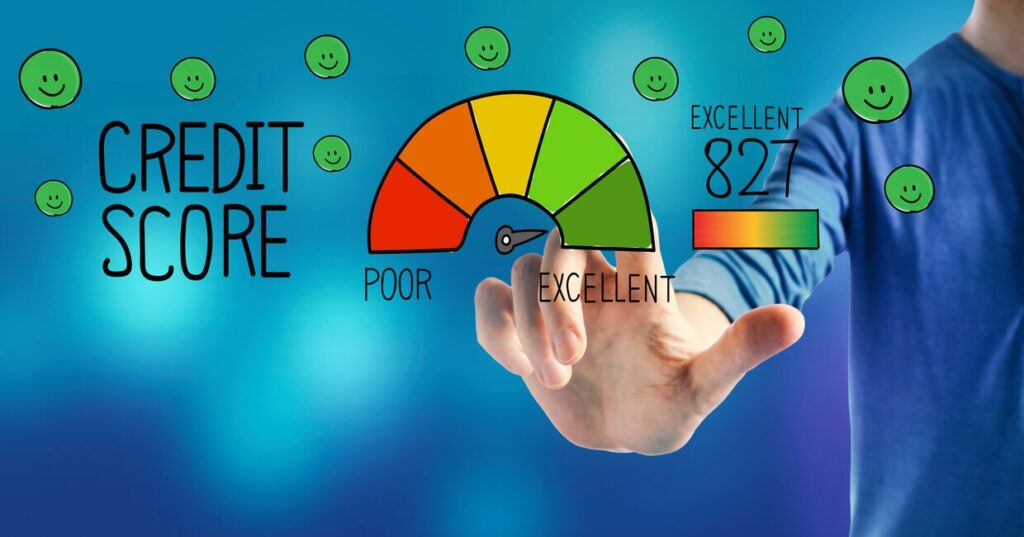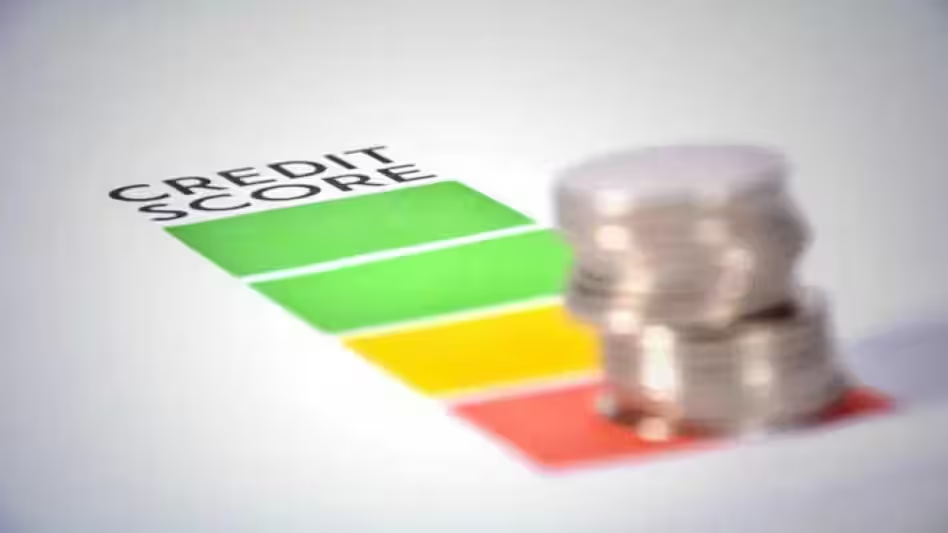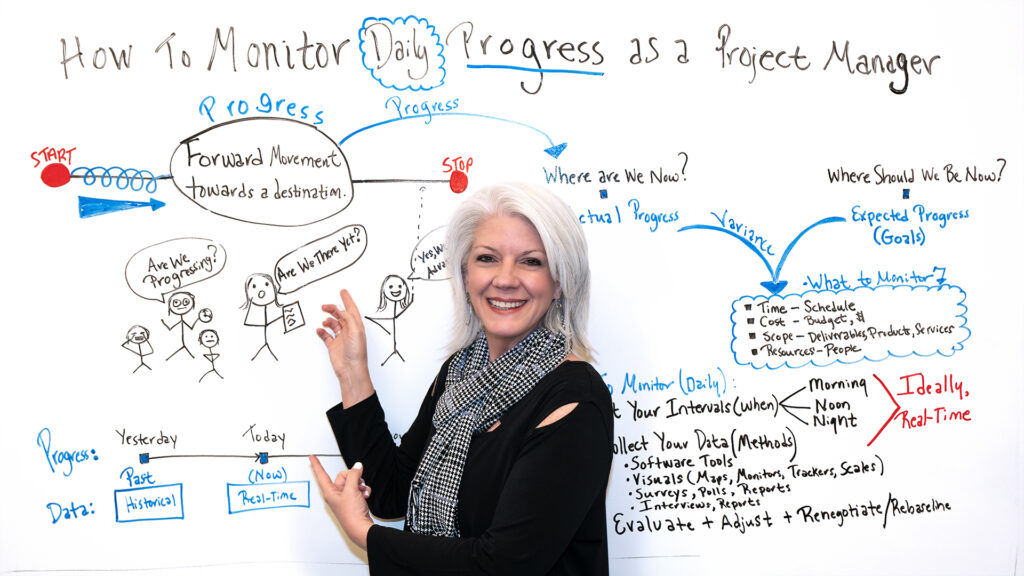
In today’s financial landscape, having a good credit score is crucial for securing loans, mortgages, and even certain job opportunities. Your credit score serves as a reflection of your financial responsibility and can significantly impact your overall financial standing.
Understanding Credit Scores
What is a credit score?

A credit score is a numerical representation of an individual’s creditworthiness, indicating their likelihood to repay borrowed money. It is calculated based on various factors such as credit history, debt-to-income ratio, payment history, length of credit history, types of credit accounts, and recent credit inquiries. Credit scores typically range from 300 to 850, with higher scores indicating lower credit risk and better creditworthiness. Lenders, such as banks and credit card companies, use credit scores to assess the risk of lending money to an individual and to determine the terms of credit, such as interest rates and credit limits. A good credit score can help individuals qualify for loans, mortgages, and credit cards with favorable terms, while a poor credit score may result in higher interest rates or denial of credit altogether.
Factors affecting credit scores
Several factors influence your credit score, including payment history, credit utilization ratio, length of credit history, new credit inquiries, and the types of credit accounts you have.
Strategies to Boost Your Credit Score

1. Review Your Credit Report Regularly
Regularly monitor your credit report to identify errors or discrepancies. Dispute any inaccuracies promptly to ensure your credit score reflects accurate information.
2. Pay Bills on Time
Consistently paying bills on time is one of the most effective ways to boost your credit score. Set up automatic payments or reminders to avoid missed payments.
3. Reduce Credit Card Balances
High credit card balances relative to your credit limits can negatively impact your credit score. Aim to keep your credit utilization ratio below 30%.
4. Avoid Closing Old Accounts
Closing old accounts shortens your credit history and can lower your credit score. Keep old accounts open, even if they’re not actively used, to maintain a longer credit history.
5. Diversify Your Credit Mix
Having a diverse mix of credit accounts, such as credit cards, installment loans, and mortgages, demonstrates responsible credit management and can boost your score.
6. Limit New Credit Applications
Each new credit application results in a hard inquiry, which can temporarily lower your credit score. Minimize new credit applications, especially if you’re planning a major financial transaction.
7. Become an Authorized User
Becoming an authorized user on someone else’s credit card can help you build credit, provided the primary cardholder has a good payment history.
Checking Your Credit Report

Regularly monitoring your credit report is essential for understanding your financial health and identifying any inaccuracies or fraudulent activities.
Importance of regularly checking your credit report
Regularly checking your credit report helps you stay informed about your financial status and allows you to detect any errors or unauthorized activities promptly.
How to obtain a free credit report
You are entitled to a free credit report from each of the three major credit bureaus—Equifax, Experian, and TransUnion—every 12 months. You can request your free report through AnnualCreditReport.com.
Identifying Areas for Improvement
Analyzing your credit report is the first step towards identifying areas where you can improve your credit score.

Analyzing your credit report
Review your credit report carefully to identify any negative factors contributing to a lower credit score, such as missed payments, high credit card balances, or collection accounts.
Identifying negative factors affecting your score
Common negative factors affecting credit scores include late payments, high credit card balances, maxed-out credit cards, and derogatory marks such as bankruptcies or foreclosures.
Simple Steps to Boost Your Credit Score

Improving your credit score is achievable with consistent effort and discipline. Here are some simple steps you can take to boost your credit score:
Paying bills on time
Paying your bills on time is one of the most effective ways to improve your credit score. Set up reminders or automatic payments to ensure you never miss a due date.
Reducing credit card balances
High credit card balances can negatively impact your credit utilization ratio, which accounts for 30% of your credit score. Aim to keep your credit card balances below 30% of your credit limit.
Limiting credit inquiries
Each time you apply for new credit, it results in a hard inquiry on your credit report, which can temporarily lower your credit score. Minimize unnecessary credit inquiries to avoid potential damage to your score.
Building a Positive Credit History

Establishing and maintaining a positive credit history is key to achieving a high credit score.
Importance of a long credit history
Lenders prefer borrowers with a long history of responsible credit usage, as it demonstrates stability and reliability.
Strategies for building credit history
If you’re new to credit or have limited credit history, consider opening a secured credit card or becoming an authorized user on someone else’s account to start building credit.
Utilizing Credit Responsibly
Responsible credit usage is essential for maintaining a good credit score and financial health.
Importance of responsible credit usage
Using credit responsibly involves borrowing only what you can afford to repay and making timely payments to avoid negative marks on your credit report.
Avoiding maxing out credit cards
Maxing out your credit cards can harm your credit score and signal financial distress to lenders. Aim to keep your credit card balances well below their limits.
Seeking Professional Help
If you’re struggling to improve your credit score on your own, there are professional services available to assist you.

Consulting credit counseling services
Non-profit credit counseling agencies offer free or low-cost services to help consumers manage their debts and improve their credit scores through budgeting and financial education.
Working with credit repair companies
Credit repair companies specialize in identifying errors on your credit report and negotiating with creditors to have them removed. Be cautious when choosing a credit repair company and research their reputation before enlisting their services.
Monitoring Progress
Monitoring your progress is crucial for staying on track towards your credit score goals.

Regularly tracking changes in your credit score
Check your credit score regularly to monitor improvements and identify any new issues that may arise.
Celebrating milestones and progress
Recognize and celebrate small victories along the way to keep yourself motivated and engaged in the credit improvement process.
Addressing Errors on Your Credit Report

Disputing inaccuracies on your credit report is essential for ensuring your credit score accurately reflects your financial behavior.
How to dispute inaccuracies
Submit a dispute letter to the credit bureaus detailing the errors on your credit report and providing supporting documentation. The credit bureaus are required by law to investigate and correct any inaccuracies within a reasonable timeframe.
Importance of correcting errors promptly
Promptly addressing errors on your credit report can prevent them from negatively impacting your credit score and your ability to qualify for loans or other financial products.
Maintaining Good Financial Habits

In addition to improving your credit score, adopting good financial habits is essential for long-term financial success.
Budgeting effectively
Create a budget to track your income and expenses and identify areas where you can cut costs or save money.
Saving for emergencies
Building an emergency fund can provide financial security and peace of mind in the event of unexpected expenses or job loss.
Understanding Credit Utilization Ratio
Your credit utilization ratio plays a significant role in determining your credit score and should be carefully managed.
Definition and significance
Your credit utilization ratio measures the amount of credit you’re using compared to the total amount of credit available to you. Keeping this ratio low demonstrates responsible credit management and can positively impact your credit score.
Tips for optimizing credit utilization ratio
To improve your credit utilization ratio, pay down credit card balances, avoid closing old accounts, and consider requesting a credit limit increase.
Avoiding Closing Old Accounts

Closing old accounts can negatively impact your credit score and should be done with caution.
Impact of closing accounts on credit score
Closing old accounts shortens your credit history and reduces the overall amount of credit available to you, which can increase your credit utilization ratio and lower your credit score.
Strategies for managing old accounts
Instead of closing old accounts, consider keeping them open and using them occasionally to maintain their active status. Keep in mind that older accounts with positive payment history can have a positive impact on your credit score.
Staying Patient and Persistent
Improving your credit score is a gradual process that requires patience and persistence.
Understanding that improving credit takes time
It’s important to recognize that improving your credit score won’t happen overnight and may require several months or even years of consistent effort.
Staying committed to the process
Stay committed to your credit improvement goals and remain disciplined in your financial habits. Consistent effort and responsible credit management will eventually lead to a higher credit score and improved financial standing.
Improve Your Financial Standing

Improving your financial standing is a journey that requires careful planning, discipline, and smart decision-making. Here are steps you can take to enhance your financial situation:
- Create a Budget: Start by evaluating your income and expenses. Create a budget that allocates funds for essential expenses such as housing, utilities, groceries, and transportation, while also setting aside money for savings and debt repayment.
- Reduce Expenses: Look for areas where you can cut back on spending. This could involve canceling unnecessary subscriptions, eating out less frequently, or finding ways to save on utilities and other recurring bills.
- Build an Emergency Fund: Set aside money in an emergency fund to cover unexpected expenses like car repairs, medical bills, or job loss. Aim to save at least three to six months’ worth of living expenses in a readily accessible account.
- Pay Off Debt: Prioritize paying off high-interest debt, such as credit card balances or personal loans. Consider using the debt snowball or debt avalanche method to tackle debts systematically. Making extra payments whenever possible can help accelerate the process.
- Improve Credit Score: A higher credit score can lead to better loan terms, lower interest rates, and more favorable insurance premiums. Focus on making timely payments, keeping credit card balances low, and avoiding opening too many new accounts.
- Invest in Yourself: Invest in education, skills development, or certifications that can enhance your earning potential. Consider pursuing additional training or education to qualify for higher-paying job opportunities or career advancement.
- Save for Retirement: Start saving for retirement as early as possible. Contribute to employer-sponsored retirement plans like 401(k)s or individual retirement accounts (IRAs). Take advantage of employer matching contributions if available.
- Diversify Investments: Build a diversified investment portfolio that aligns with your financial goals, risk tolerance, and time horizon. Consider investing in a mix of stocks, bonds, mutual funds, and other assets to spread risk and potentially increase returns.
- Review Insurance Coverage: Regularly review your insurance policies, including health, life, auto, and homeowners or renters insurance. Make sure you have adequate coverage to protect against unexpected events without paying for unnecessary extras.
- Seek Professional Advice: Consider consulting with a financial advisor or planner to help you develop a personalized financial plan tailored to your goals and circumstances. A professional can provide valuable guidance and help you stay on track towards achieving financial success.
Improving your financial standing requires patience, persistence, and a commitment to making sound financial decisions. By implementing these strategies and staying focused on your goals, you can strengthen your financial foundation and work towards a brighter financial future.
Credit Score

Your credit score is a numerical representation of your creditworthiness, indicating to lenders how likely you are to repay borrowed money responsibly. Here are key points about credit scores:
- Calculation: Credit scores are calculated based on information from your credit report, including payment history, credit utilization, length of credit history, types of credit accounts, and recent inquiries. The most commonly used credit scoring models are FICO® Scores and VantageScore®.
- Score Range: Credit scores typically range from 300 to 850, with higher scores indicating lower credit risk. While score ranges may vary slightly between different scoring models, higher scores generally represent better creditworthiness.
- Factors Affecting Your Score:
- Payment History: Timely payments positively impact your score, while late or missed payments can lower it.
- Credit Utilization: This is the ratio of your credit card balances to your credit limits. Keeping this ratio low demonstrates responsible credit management.
- Length of Credit History: Longer credit histories tend to result in higher scores, as they provide more data for assessing creditworthiness.
- Types of Credit: A mix of different types of credit accounts, such as credit cards, installment loans, and mortgages, can positively impact your score.
- New Credit Inquiries: Applying for new credit can temporarily lower your score, especially if you apply for multiple accounts within a short period.
- Importance: Your credit score plays a crucial role in various financial decisions, including loan approvals, interest rates offered by lenders, rental applications, insurance premiums, and even employment background checks.
- Monitoring and Improvement: Regularly monitoring your credit score allows you to track changes and identify areas for improvement. You can access your credit score for free through many credit card issuers, financial institutions, and credit monitoring services. Improving your credit score involves practicing responsible credit habits, such as paying bills on time, keeping balances low, and avoiding unnecessary credit inquiries.
- Credit Score Myths: It’s important to separate fact from fiction regarding credit scores. Common myths include the belief that checking your own credit hurts your score (it doesn’t) and that closing a credit account improves your score (it can actually lower it, especially if it shortens your credit history or increases your credit utilization ratio).
Understanding your credit score and the factors that influence it empowers you to make informed financial decisions and work towards maintaining or improving your creditworthiness over time.
Conclusion
A good credit score is essential for achieving financial stability and accessing various opportunities in life. By following the simple steps outlined in this article and adopting responsible credit habits, you can boost your credit score and improve your overall financial health.
Boost Your Credit Score: FAQs
- How long does it take to improve a credit score? Improving a credit score is a gradual process and may take several months to see significant changes. Consistently following good credit practices is key to long-term improvement.
- Can I boost my credit score quickly? While there are no instant fixes for a low credit score, adopting good credit habits such as paying bills on time and reducing credit card balances can lead to noticeable improvements over time.
- Will checking my credit score affect it? No, checking your own credit score through free annual credit reports or reputable credit monitoring services does not impact your credit score.
- Should I pay off old debts to improve my credit score? Paying off old debts can have a positive impact on your credit score, as it reduces your overall debt load and demonstrates responsible financial behavior.
- Can a secured credit card help boost my credit score? Yes, using a secured credit card responsibly can help build or rebuild credit. Ensure timely payments and keep credit utilization low to maximize the benefits.
- What should I do if I find errors on my credit report? If you find errors on your credit report, such as inaccurate account information or fraudulent activity, notify the credit bureau and the creditor immediately to initiate the dispute process.
FAQs (Frequently Asked Questions)
- How long does it take to improve your credit score?
- Improving your credit score is a gradual process and can take several months to years, depending on your individual financial situation and the steps you take to improve it.
- Can I improve my credit score if I have a history of bad credit?
- Yes, it’s possible to improve your credit score even if you have a history of bad credit. By taking proactive steps such as paying bills on time, reducing debt, and disputing inaccuracies on your credit report, you can gradually rebuild your credit.
- Will closing old accounts help improve my credit score?
- Closing old accounts can actually harm your credit score by shortening your credit history and increasing your credit utilization ratio. It’s generally advisable to keep old accounts open and use them responsibly to maintain a positive credit history.
- Are there any quick fixes for improving my credit score?
- While there are no overnight solutions for improving your credit score, there are some strategies, such as paying down debt and disputing inaccuracies on your credit report, that can lead to relatively quick improvements over time.
- Do credit repair companies really work?
- Credit repair companies can be effective in helping individuals identify and dispute errors on their credit reports. However, it’s important to research and choose a reputable company, as some may engage in unethical or fraudulent practices.